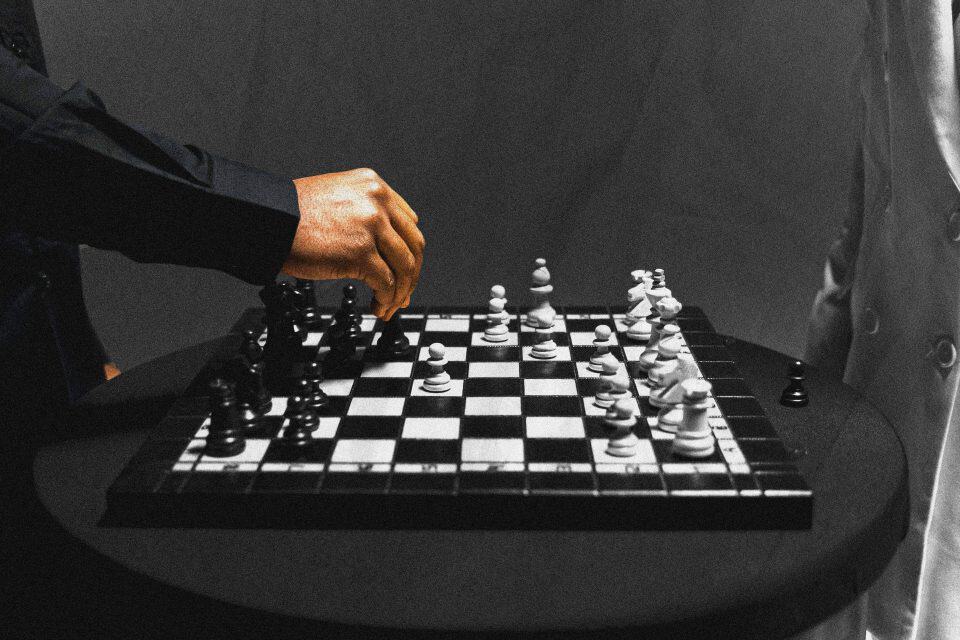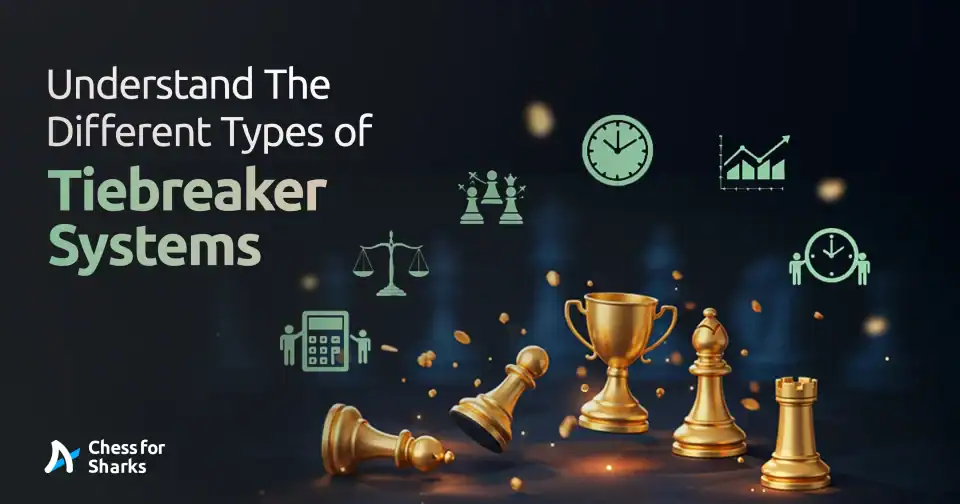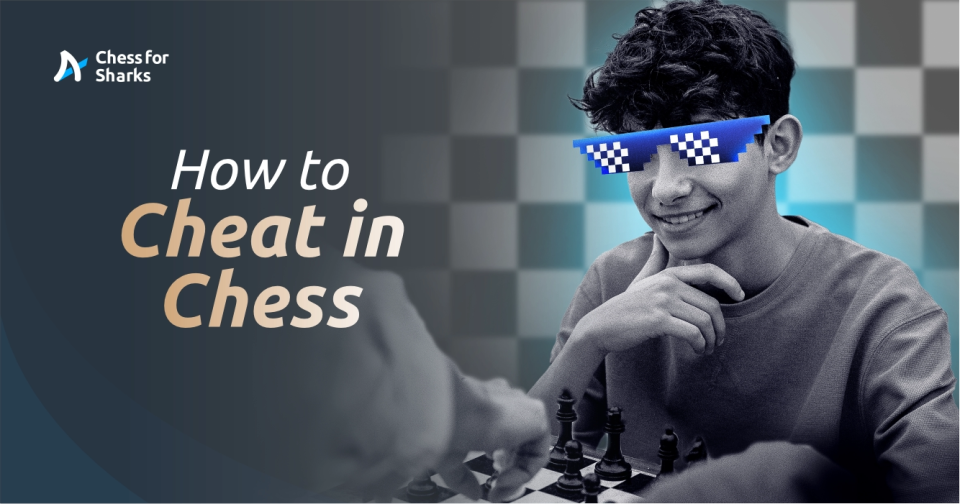You and your buddy have been playing chess for years.
At first, you were evenly matched, winning and losing in equal measure.
But lately, your friend has been on fire, beating you in nearly every match.
The trash talk has been relentless. Enough is enough – it’s time to turn the tables and reclaim your dignity. You’ve come to the right place.
Over the next few minutes, we’ll share some tried-and-true strategies to gain the upper hand against your chess nemesis. These tips come from chess masters and experts in the field.
Study Opening Strategies to Gain an Early Advantage
To beat your friend at chess, you need to get ahead early in the game.
The opening moves are critical, so study the common openings and their strategies.
There are a lot of opening moves for both White and Black in a game of chess. Let’s see both.
If you’re playing White, we recommend that you learn how to play these openings:
- Ruy Lopez or Spanish Opening
- Queen’s Gambit Opening
- King’s Gambit Opening
- Reti Opening
- London System
- English Opening
You can learn other openings for White in our guide: 15 Best Chess Openings For White
On the other hand, if you’re Black, you have to usually face 1. d4 or 1. e4 from White.
We’ve discovered the best ways to deal with such moves. Study these resources below to know more:
- What Is The Best Response To 1. d4 For Black?
- What Is The Best Response To 1. e4 For Black?
- 10 Of The Best Chess Openings For Black
Analyze Your Friend’s Playing Style and Look for Weaknesses
To beat your friend at chess, you also need to get inside their head by analyzing how they play and looking for common mistakes that can be exploited.
Do they prefer aggressive openings and early attacks? Then focus on solid defense and controlling the center.
Look for chances to counterattack when their position gets overextended.
Or do they play very defensively, clinging to their pieces? In that case, you’ll want to play actively, claim more space, and provoke them.
As they try to catch up developmentally, their position will weaken. Then strike when the time is right.
We all have bad habits even in chess.
See if your friend:
- Makes the same weak opening moves. If so, prepare a sound line of attack against it.
- Frequently exposes their king. Look for tactical shots to rip open their position.
- Misplaces key defensive pieces like the queen. Pin and win that queen!
- Gets tunnel vision and focus only on their own attack. Stay alert for counterplay and chances to disrupt their offense.
The key is noticing these tendencies and crafting a strategy to exploit them. Play some practice games focusing only on how your friend plays.
Their weaknesses will become apparent, and you’ll gain confidence in taking them on.
Practice Tactics and Endgame Techniques to Improve Your Skills
You need to work on your tactical techniques and endgame strategies to gain an edge.
Learn common tactical motifs like forks, pins, skewers, x-ray attacks, removals, and double attacks. These usually attack two or more of your opponent’s pieces at once.
Practice spotting these in your games and puzzles.
For endgames, start with the basic checkmates like king and queen vs king, progressing to more complex multi-move combos. This helps you recognize patterns and find winning sequences in your own games.
Here are some more checkmate patterns for further study:
- 40 Checkmate Patterns Sure To Win You Games
- How To Play The 2 Move Checkmate
- How to Checkmate With Two Rooks? A Beginner Friendly Guide
- Can You Checkmate With Two Knights?
- How To Play The Two Bishop Checkmate
- Learn The Bishop And Knight Checkmate
Understand important endgame concepts like opposition and triangulation, and learn strategies for pawn endgames, like creating a passed pawn, using your king actively, and employing zugzwang to limit your opponent’s options.
Pawn endgames arise often, so mastering them gives you an edge.
You can learn more here: Chess Endgames: The Great Element Of Chess Mastery.
Finally, review master games to see innovative tactics in action. Try guessing the next few moves, then compare with what the grandmasters actually played.
This helps build your intuition and opens your mind to new possibilities.
Final Thoughts
So there you have it, a few tips to help you finally get the upper hand against your chess-playing friend.
While chess ultimately comes down to strategy, skill, and a bit of luck, using these techniques to mix up your game and throw them off their usual style of play will give you an advantage.
Let us know if this article was of any help.
Here are some more resources to help you along the way:







join the conversation